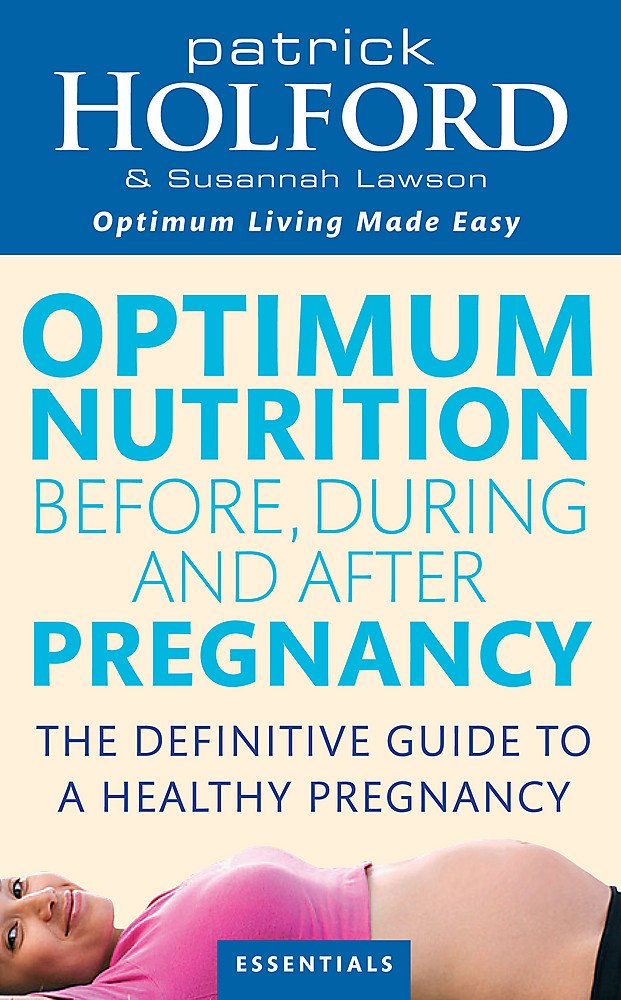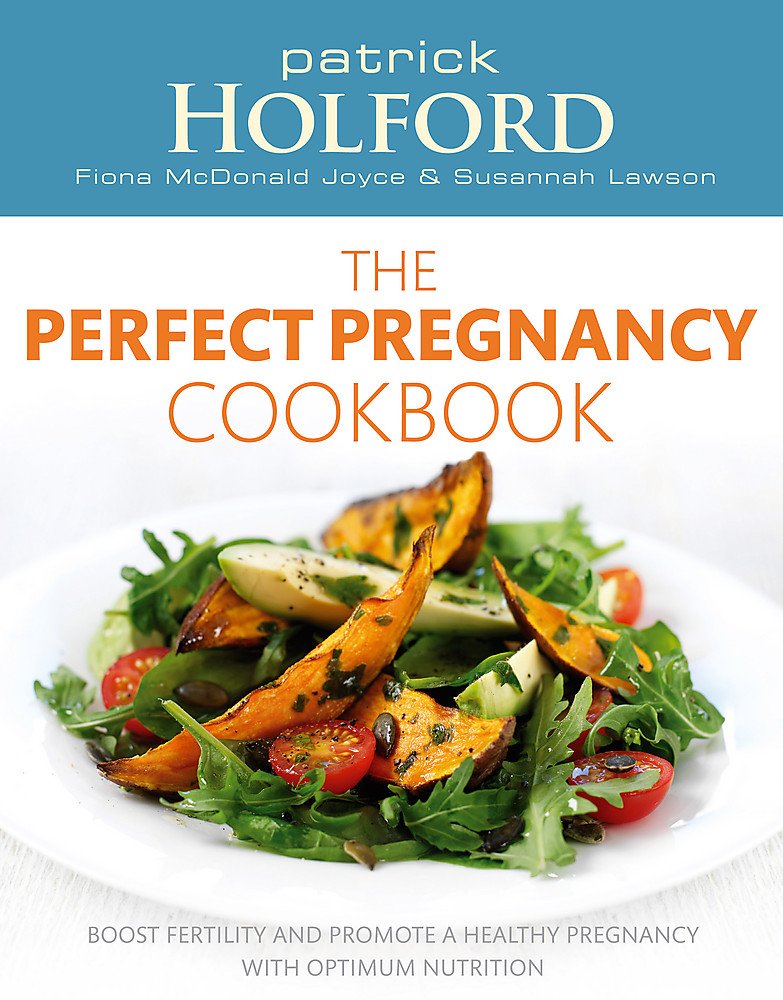I am fortunate to have spent many years as a doula, or birth support worker, and have been privileged to witness so many wonderful and powerful women blossom throughout their pregnancy and birth journeys. In addition to this amazing experience, I have birthed four children myself – the eldest of whom is turning 23 this year!
During this time, I have learned so much professionally and personally about conception, pregnancy, and childbirth. The one question I am asked about the most is which supplements and remedies I would recommend – so here is my reply:
A healthy pregnancy begins long before conception actually occurs. It is important that both partners make healthy choices, not only to optimise their chance of conception, but also to support a healthy pregnancy, birth, and post-partum experience.

You will need to allow at least 3-4 months for pre-conception care if you are planning for the best possible outcome for mother and baby (or babies!) since it takes around three months to mature an egg and four months for sperm. Monitoring your monthly cycle is just the beginning!
The most important consideration is to eat a wide variety of fresh fruit and veg, choosing wholefoods rather than processed and refined foods. Going organic is a great idea if you are able to source it – spray-free is another excellent option, so chat with producers at your local farmers’ market to find out what their protocols are.
Along with eating a healthy balanced diet, staying hydrated, getting in quality sleep on the regular, managing stress levels, and daily moderate exercise, there are some supplements that are worth serious consideration.
Folic acid (400-600mcg daily) is crucial for the synthesis of DNA and RNA, leading to the growth and reproduction of all the cells in the body. Deficiency in folic acid can lead to neural tube defects, anaemia, premature greying of the hair, gastrointestinal disorders, and trouble with vitamin B12 absorption.
Food sources of this nutrient include oranges, spinach, broccoli, cauliflower, Brussels sprouts, lentils, baked beans, and peanuts. It is worth noting that green tea should be avoided by couples trying to conceive as it reduces the amount of folic acid available.

At Wildflower Botanicals, we have a range of Pregnancy Blends available: a Morning Wellness blend, one for each trimester – Tahi (One), Rua (Two), and Toru (Three), our post-partum tea – Replenish, Milky Mama – our breastfeeding blend, and wide selection of pregnancy-safe teas formulated without caffeine or green tea. We also have a Mother Blessing blend, created for pregnancy and birth celebrations & gatherings. For women who have experienced loss, stillbirth, and miscarriage, we have formulated the blend Arohanui (with deep love and affection) to support physical and emotional recovery.
If you are concerned about morning sickness (in many cases, All Day Sickness!), then Vitamin B6 might be the solution, since B6 deficiency has been linked with pregnancy nausea and vomiting. A lack of B6 decreases the production of hydrochloric acid in the stomach, causes improper utilisation of amino acids, and leads to the burning of protein as fuel.
Toxaemia (also known as pre-eclampsia) has also been linked with low B6. A deficiency in vitamin B6 can trigger this pregnancy-related condition due to the under-utilisation of available protein.
Foods rich in vitamin B6 include rice bran, beef liver, sesame seeds, chick peas, wheat bran, baked potato with skin, banana, rye flour (dark), mackerel, tuna, brewer’s yeast, plantain, refried beans, salmon, coconut, dry sunflower seeds, wheat germ, avocado, hazelnuts, chicken liver, beef round steak (lean), prune juice, chicken, corn flour, dark turkey meat, acorn squash, raisins, spinach, and amaranth.
You can also supplement with B6, however a B complex might be the better choice since the B vitamins work best when taken together. The recommended dosage of B6 is 50mg every morning for 6 months before you fall pregnant, then reduce the dosage to 25mg for the first 12 weeks, at which point you should take a break from the B6 supplementation.
Vitamin D is another nutrient that you want to stay on top of during pre-conception and pregnancy. The best way to maintain levels of this important hormone is to get 20-30 minutes of sun time daily (obviously not during peak burn times!) – this triggers the production of around 10,000IU of vitamin D stores.
Low serum D3 is linked with the likelihood of miscarriage, so it makes sense to supplement with vitamin D3 if you know that your levels are low, or you don’t get out in the sunshine. Given that adequate vitamin D3 levels also help to prevent pre-eclampsia, gestational diabetes, vaginal infection, and improve the outcomes in terms of birth weight, mental health, and immune functioning, this is an important nutrient to monitor. Ideally, you want your serum levels of D3 to be somewhere between 50-70ng/mL.
DHA (Docosahexanoic acid) is the omega-3 essential fatty acid which is critical in ensuring optimal growth and functioning of the brain. This is why it is present in breast milk. It not only helps with optimal neurological development for the baby in the womb, it also helps to reduce the incidence and severity of post-natal depression.
And for all of those mothers who have experienced what is often termed as ‘placenta-brain’ (forgetfulness, absent-mindedness, and mood swings during pregnancy and whilst breastfeeding), adding EFAs to your diet will improve your mental and emotional wellbeing too!
There is another important benefit for the developing baby whilst still in the womb – healthy birth weight. Research has shown that less than adequate amounts of omega-3s in the diet is linked to low birth weight.
If you choose to source your EFAs from fish, then make sure that you choose deep-sea fish, avoiding those which have a higher risk of being contaminated with mercury (such as swordfish, tuna, and marlin). Good options include mackerel, sardines, Atlantic salmon, and trout. Options for vegetarians and vegans include chia seeds, flaxseeds, walnuts, hempseeds, olives, pumpkin seeds, and leafy greens (these include smaller amounts, but are very bioavailable).

The one book that I have been recommending for years is ‘Optimum Nutrition Before, During and After Pregnancy”, by Patrick Holford and Susannah Lawson.

Holford and Lawson have also teamed up with nutritionist and cook, Fiona McDonald Joyce to develop ‘The Perfect Pregnancy Cookbook’.
